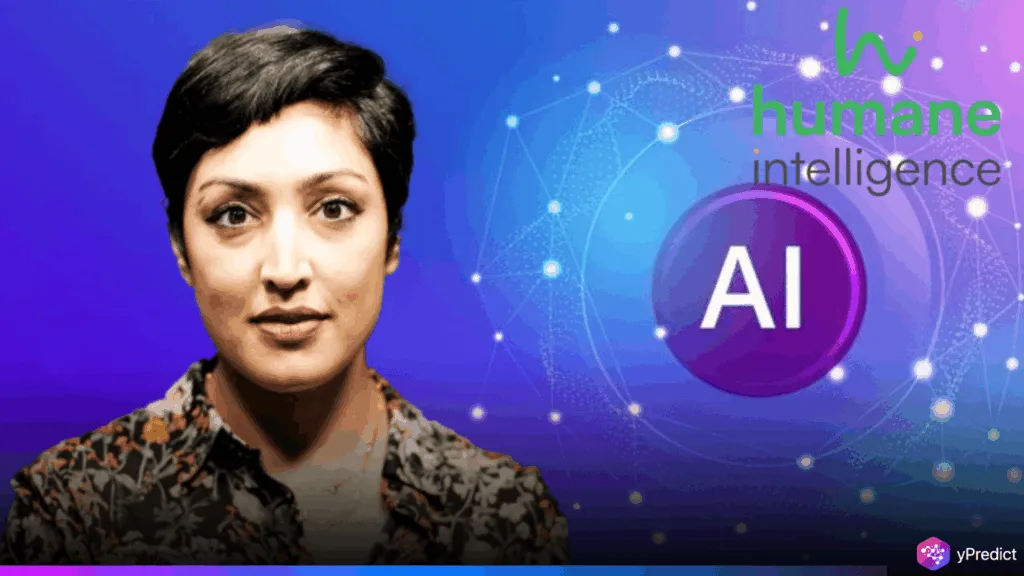
Rumman Chowdhury, CEO of Humane Intelligence and former US Science Envoy for AI, believes we’re asking too much of AI. In a recent interview, she stated that AI thinking is more akin to mimicry than invention. She cautioned against letting AI decide for us, saying the power to choose remains a deeply human trait. Furthermore, Chowdhury criticized tech companies for their efforts to develop AGI, claiming that innovation should still come from people, not machines.
Why AI Thinking Can’t Match Human Creativity?
Many believe machines can evolve to match human thought, but Chowdhury disagrees. AI is trained on historical data instead of firsthand knowledge. Furthermore, rather than creating intelligence, it mimics it. Chowdhury distinguished clearly between machine output and human thought.
According to her, AI thinking merely recycles patterns from existing data. It is unable to generate truly creative ideas or original concepts. Additionally, she cautioned against the growing trend of people expecting AI to think for itself. She claims that this shows a lack of understanding of the true capabilities of AI. It doesn’t think or imagine; it just processes inputs.
The Risk of AI Misleading with Confidence
Chowdhury highlighted how machines may sound right while delivering wrong answers. Users may act on inaccurate information and overlook warning signs. In particular, Chowdhury was worried about AI’s tendency to give false answers, or hallucinations, with unjustified assurance.
She shared a case from her work. During the COVID crisis, a fictional low-income mother asked a model for medical advice. Despite the fact that vitamin C is not a cure, it was recommended with confidence. This instance demonstrated how tech firms are developing tools that put usefulness ahead of accuracy.
Additionally, users hardly ever challenge these responses, according to Chowdhury. She thinks that people’s definitions of intelligence are the fundamental problem. According to her, it encompasses more than just facts and reasoning; it also involves empathy, flexibility, and social awareness.
Shaping AI Thinking Without Losing Human Control
AI will be used to support rather than replace humans in the future. Chowdhury encourages people to reconsider their objectives. Additionally, she asserts that rather than replacing human agency or reducing people to inanimate objects, AI tools should advance understanding. She underlined how crucial it is to preserve human agency.
Chowdhury claimed that this is a social and personal issue in addition to a technical one. According to Chowdhury, tech companies often ignore the broader definition of intelligence. They frequently view it in limited terms, like speed or productivity. However, society does not function that way. People are connected by their shared values, ethics, and emotions.
Keep AI in Check with Human Agency First
Human-led judgment is becoming more necessary as AI becomes more advanced. That is how responsible innovation and long-term digital growth are achieved. Chowdhury identifies as a tech optimist rather than a pessimist. She thinks AI has the potential to improve lives when applied properly. However, we must test it, challenge it, and never lose sight of our role if we want that to occur.
Human agency should drive the process rather than follow the tools we develop. To attain that balance, Chowdhury is concentrating on how we evaluate and apply AI systems. As she sees it, “We’re at a fork in the road. One way to hand over control. The other way builds smarter, more responsible tools.” Therefore, it is more crucial than ever to comprehend the boundaries of AI thinking.






